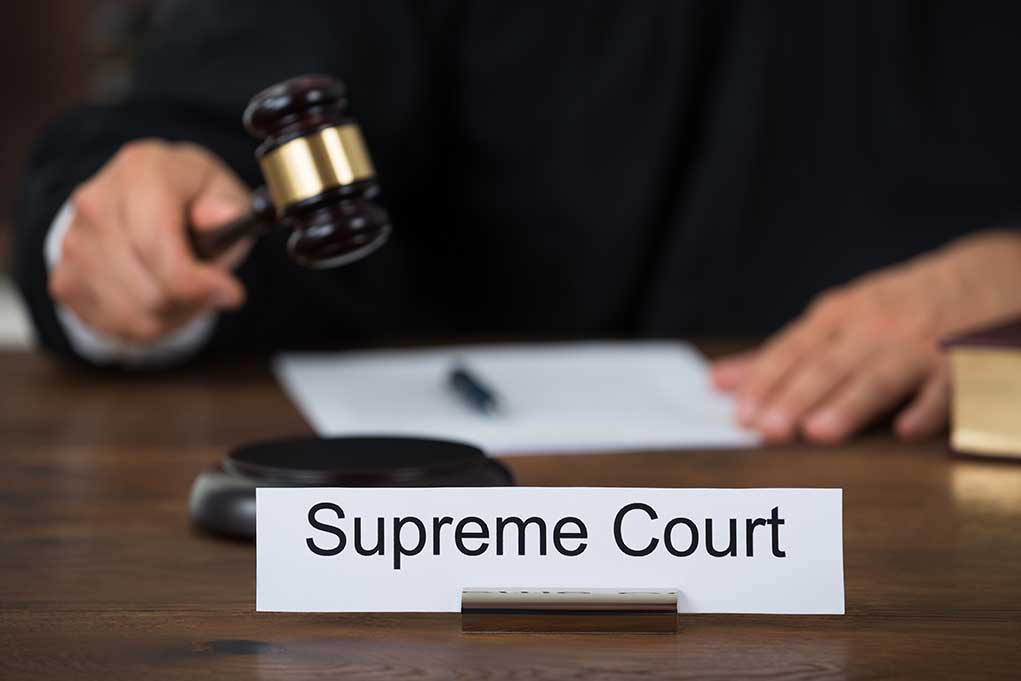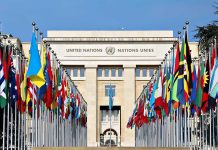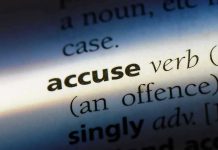
New Jersey’s attorney general’s aggressive demand for pro-life donor identities has now triggered a Supreme Court intervention, potentially setting a landmark precedent for faith-based organizations nationwide.
Key Takeaways
- The Supreme Court will hear First Choice Women’s Resource Centers’ challenge to a New Jersey subpoena demanding donor information, raising significant First Amendment concerns.
- New Jersey Attorney General Matthew Platkin issued the subpoena under the state’s Consumer Fraud Act, claiming the pro-life center may be misleading donors and clients about services.
- Alliance Defending Freedom represents First Choice, arguing the attorney general is specifically targeting the center for its pro-life views.
- The case could clarify the scope of the Court’s 2021 ruling that protected donor anonymity under the First Amendment.
- Public exposure of donor identities creates legitimate concerns about potential harassment, similar to past incidents involving conservative causes.
The Battle Over Pro-Life Donor Privacy
At the heart of this constitutional showdown is New Jersey Attorney General Matthew Platkin’s November 2023 subpoena demanding that First Choice Women’s Resource Centers surrender their donor list as part of an investigation under the state’s Consumer Fraud Act. Operating in five New Jersey locations, First Choice provides parenting classes, free ultrasounds, baby clothes, and counseling services from a pro-life perspective. The attorney general’s office claims the investigation is necessary to determine whether the center is misrepresenting its healthcare services to both clients and financial supporters, yet has provided no evidence of actual complaints or damages.
First Choice, represented by “Alliance Defending Freedom” (ADF), has refused to comply with the subpoena and filed a legal challenge. ADF argues the demand for donor information constitutes a clear violation of First Amendment protections, particularly regarding freedom of association and speech. The legal organization has a strong track record in this arena, including a landmark 2018 Supreme Court victory against California’s attempt to regulate crisis pregnancy centers. That case established an important precedent limiting government overreach against faith-based organizations.
Legal Implications and Constitutional Concerns
The Supreme Court’s decision to hear this case signals its continued interest in donor privacy rights following its 2021 ruling in Americans for Prosperity Foundation v. Bonta, which protected donor anonymity under the First Amendment. At issue is whether state officials can demand sensitive donor information from nonprofit organizations without demonstrating a compelling state interest or providing safeguards against potential harassment. The timing is particularly significant following the reversal of Roe v. Wade, as pro-life organizations face increased scrutiny in states that actively promote abortion access.
“Governments must not be allowed to force persons to express a message contrary to their deepest convictions. Freedom of speech secures freedom of thought and belief. This law (California Reproductive Freedom, Accountability, Comprehensive Care and Transparency Act) imperils those liberties,” said Justice Kennedy.
Platkin insists the information request is necessary, claiming that “identifying those donors would allow the state to determine if they were ultimately misled.” However, legal experts question how donor identities would prove or disprove allegations of consumer fraud. The subpoena appears suspiciously broad, requesting not just donor information but details about medical providers and marketing practices, raising legitimate concerns about government overreach targeting organizations based on their viewpoint rather than actual wrongdoing.
The Real-World Risks of Donor Exposure
The danger of exposing donors’ identities extends far beyond theoretical concerns about privacy. Historical evidence demonstrates that supporters of conservative and faith-based causes have faced serious repercussions when their identities became public. Following California’s Proposition 8 campaign supporting traditional marriage, donors experienced workplace harassment, property vandalism, and public shaming. The New York Times reported that one supporter “received many confrontational e-mail messages … one signed message blasted him for supporting the measure and was copied to a dozen of his colleagues and supervisors at the university.” Such intimidation tactics can effectively silence free speech by making the personal cost of supporting certain causes prohibitively high.
“New Jersey’s attorney general is targeting First Choice — a ministry that provides parenting classes, free ultrasounds, baby clothes, and more to its community—simply because of its pro-life views,” said attorney Erin Hawley. “We are looking forward to presenting our case to the Supreme Court.”
First Choice maintains that its website clearly describes the services it offers, including information about abortion options, though it does not provide abortion referrals. The center argues that the attorney general’s investigation represents viewpoint discrimination rather than legitimate consumer protection. Meanwhile, Platkin defends his actions, stating, “Nonprofits, including crisis pregnancy centers, may not deceive or defraud residents in our State.” The investigation remains on hold pending the Supreme Court’s review, but the outcome will have profound implications for religious liberty and free speech protections nationwide.
A Critical Test of First Amendment Protections
This case represents more than just a dispute between a state attorney general and a pro-life organization. It is a critical test of whether government officials can use regulatory power to access sensitive information about supporters of causes they oppose. With President Trump’s appointments strengthening the Court’s conservative majority, legal analysts expect the justices to remain skeptical of government demands for donor information without compelling evidence of wrongdoing. The ruling, expected next term, could establish enduring protections for Americans who financially support controversial or unpopular causes, reinforcing the principle that the First Amendment shields citizens from government intimidation based on their beliefs.
As the case proceeds, the fundamental question remains: Does a state attorney general have the authority to demand donor lists from ideological opponents without evidence of actual fraud or harm? For conservatives concerned about government overreach and the protection of religious liberty, the Supreme Court’s willingness to hear this case represents an important opportunity to reinforce constitutional guardrails against politically motivated investigations. The outcome will shape how faith-based organizations can operate in an increasingly hostile cultural landscape.
















